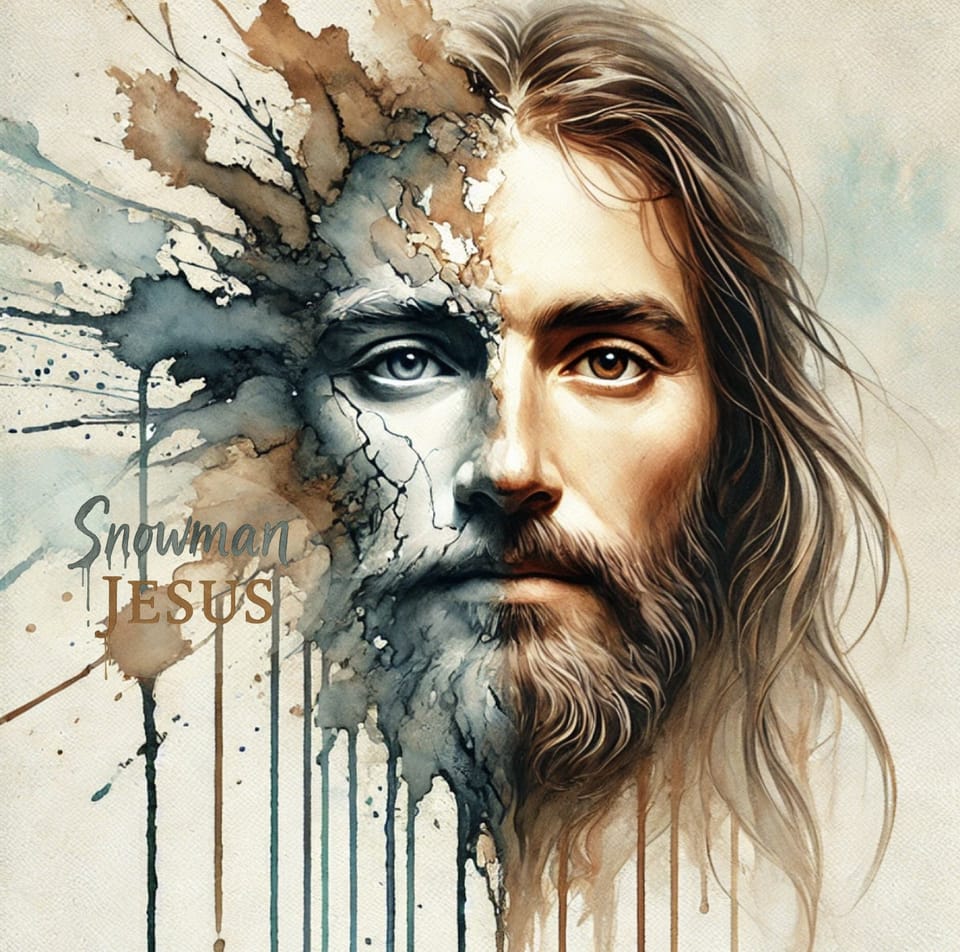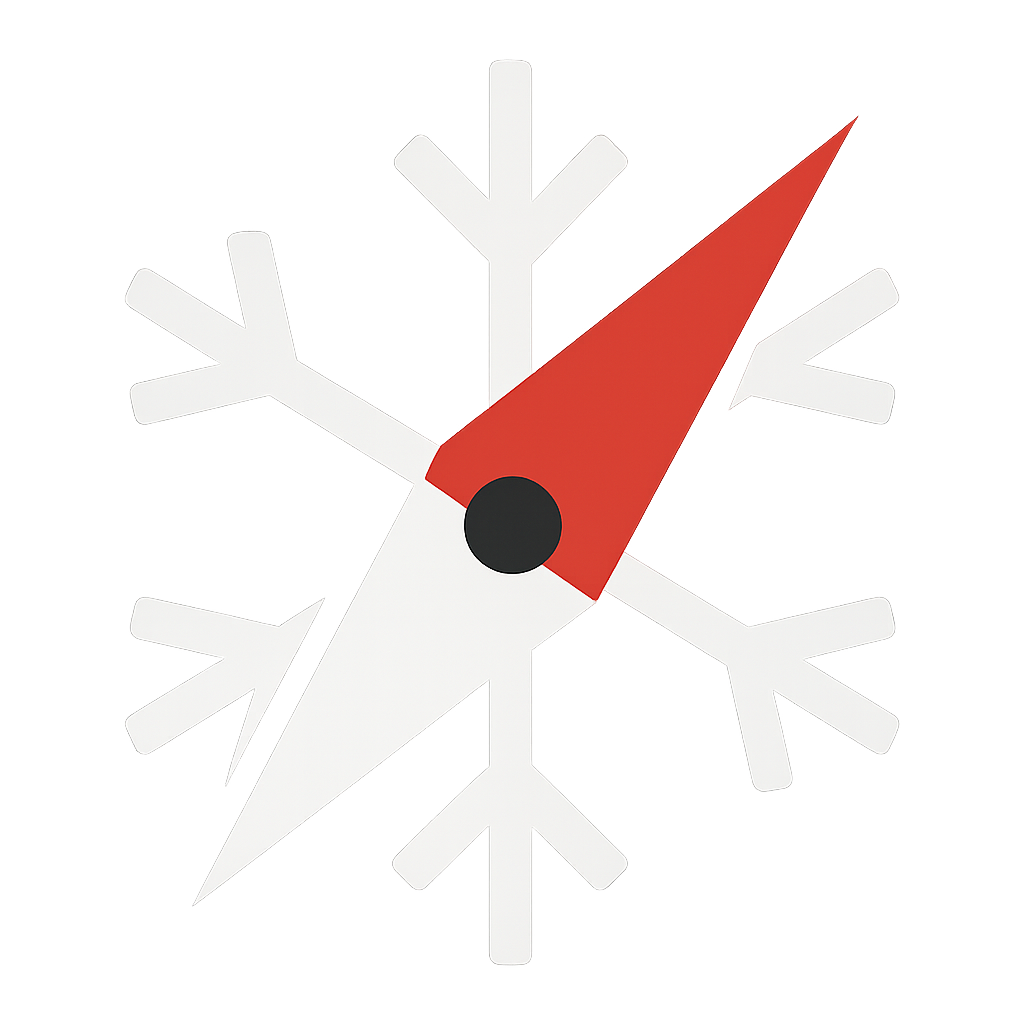3. Truth Vortex

Truth Vortex
Back at work after his school reunion, Nathan tried to talk to colleagues and friends about the meaning of life. Some furrowed their brows, shrugged, and said they had no idea if life had meaning. Others insisted, almost desperately, “Life must have meaning!” An older colleague put his arm around Nathan’s shoulder and said, “Come on, life’s pointless. Always has been.” He continued in a sympathetic tone, “Don’t exhaust yourself like this. Life is to be lived, not to be understood or agonized about.”
Nathan frowned at his colleagues around him. Humans on hamster wheels: work-eat-stare-at-screens-sleep. Trapped in lives no one had chosen, yet no one could seem to escape. Nobody really thinking or questioning. Nobody trying to figure out what truly matters in life. Nobody viciously lunging against the chains that bind them to this meaningless void.
Since the night in the hospital, the words of Socrates kept churning in his mind: “Beware of the barrenness of a busy life.”
Every fiber of Nathan's being protested. He could never rejoin that hamster-wheel crowd. Life is too short for autopilot living. Brain-dead.
He had to decipher what life was all about.
Core Questions
Questions spiraled out of control, each possible answer triggering a new avalanche.
Bright orange notes multiplied on his notice board:
- How did everything really begin?
- How will it end?
- What is actually real?
- What in life truly matters?
- How do I know anything?
Knowing Anything
The question about knowing and knowledge opened deeper layers of doubt: a vortex that sucked Nathan in and spiraled him down into overwhelming uncertainty:
How do we know what we think we know? Is there a way to know what is true? Can we know if the Bible is true?
The doctor with the radiating smile answered his desperate questions from the opposite side of the world, sending a link to a wildlife documentary made with help from people she knew. It had helped shape her own understanding.
Nathan watched it once, then again. A newborn wildebeest struggles to its feet within minutes, already knowing to seek its mother's milk. A Nile crocodile, with jaws built to crush bone, lifts her hatchlings with infinite gentleness and carries them to water. No instruction. No learning. Intuition.
Eagles spot a lizard or hare up to three miles away. African elephants communicate with one another in deep rumbles, much of it too low for human ears, over distances of up to six miles. They smell water ten miles away and sense distant storms through vibrations in the earth, far out of earshot. Sensing the world through sight, sound, smell, and touch. Observation.
A vervet monkey spots a leopard in the grass and screams a specific call. Other monkeys know what the danger is and leap into trees. A different call means eagle: they dive into bushes. A honeybee discovers nectar. She returns to the hive and dances a precise figure-eight waggle, revealing direction, distance, and richness of the source. Other bees watch, then fly straight to flowers they have never seen. No scouting of their own. Knowledge received from others without firsthand verification. Revelation.
A chimpanzee selects a stick, strips the leaves, carries it across a distance to a termite mound, inserts it at the correct angle, waits, and extracts termites. A baboon pretends not to see food when a dominant male is nearby, but returns for it as soon as the alpha male steps away. Logic and reasoning. Calculation.
Four ways of knowing, present across the animal kingdom. Interwoven.
Nathan paused the screen. He thought about his own life. The gut feeling that something was wrong moments before the steel beam snapped. The data his eyes and ears gather every waking moment. Everything teachers, textbooks, and colleagues had told him that he’d simply received as true. His own reasoning when he worked through a problem.
All four. Always. Working together.
He thought about his skeptical colleagues and classmates who prided themselves on cold logic and hard evidence. But had any of them personally observed evolution across millennia, or had Darwin's theory been revealed to them by teachers they trusted? Had they calculated the age of the universe from raw data, or received the number from textbooks? Even their confidence in logic itself, the gut sense that reason leads to truth, wasn't something they'd proven. It was intuited.
Four channels. Always four. The skeptic who dismissed faith was standing on revelation and intuition without noticing the ground beneath his feet.
Nathan scribbled a heading in his notebook: How We Know. And beneath it:
Intuition
Observation
Revelation
Calculation
Not competing methods. The fabric of knowing itself for animals and humans alike.
Nathan sighed and whispered, “I wish someone could reveal to me how life works and what in life matters most.” He bit his lip and shook his head.
The Way
Doing her best to answer a fresh list of Nathan’s questions, the young doctor forwarded a song by one of her favorite musicians in the middle of Nathan’s night. She included the video of an interview with the singer. The musician explained what he discovered during his own search for truth:
“The Muslims say Jesus was a prophet.
The Christians say he was an incarnation of God.
Eastern teachers claim they have Christ-consciousness.
The Buddhists say Jesus was a buddha, another incarnation of God, like the Buddha.”
The singer continued, “All these people are pointing to Jesus, saying Jesus is one of the ways, but we are also one of the ways. They wouldn’t agree on anything except that Jesus was one of the ways.”
A thread tugged loose inside him. He watched again and messaged a single word back. Thanks! It was brief, but he meant it.
Nathan started asking questions about Jesus. He soon discovered that historians agree that he truly lived and had been exceptional. Nathan also began asking questions about the Bible, but the opinions he heard were all over the place.
The Word
Some believed that every word, letter, and punctuation mark on the pages of Scripture came straight from heaven. They were deeply concerned about people who had doubts about anything in the Bible: even details like the exact number of wanderers with Moses in the desert.
Others saw the Bible as a book of legends and myths, not to be understood as factual or historical.
Yet another group insisted, “The Bible was written by people who sincerely wrestled with God. We should be inspired by their example and wrestle with God in our own age and circumstances.” They emphasized, “It’s not important what we believe, but that we believe.”
The people he spoke to didn’t agree about God, didn’t agree about the Bible, and didn’t agree about meaningfulness. Nathan discovered:
People who use different words
sometimes mean the exact same thing
and people who use the same words
often mean different things by similar phrases.
He realized, with a touch of sadness and frustration, he'd outgrown the pre-packaged answers of his youth: empty wrappers when his soul was starving.
The more Nathan thought,
the more he searched,
the more his uncertainty grew.
He asked himself again and again:
What is truth?
What is truth?
What is truth?
What is truth?
What is truth?
His questions swirled into silence.
The day Nathan finally removed the annoying neck brace, he also realized he couldn’t solve the problems whirling in his heart and mind alone. He needed wiser people to guide him, to listen to his questions, and to challenge him to ask better ones. He had to find individuals with vastly different perspectives—then ask, and ask again, until, from a myriad of responses, a greater answer emerged, like a panorama materializing from a misty haze.
He added another sticky note to his board:
Ask questions.
Then learn to ask better questions.
Questions to Quest
Nathan began his search for potential mentors to help him along his journey. He asked his friends for suggestions and drew up a list of requirements:
- They had to be people who had seen more in life than he had.
- The mentors had to be interesting people from whom he could learn.
- They had to be people who were as different from each other as possible.
Nathan started jotting down names. He thought, dreamt, and prayed doubt-filled prayers all day long and into the strange hours of the night. He scribbled down at least one name daily and crossed out a few. After weeks of writing and erasing, thinking and praying, four names remained. No new names came to him. He couldn’t cross out any of the remaining four. He knew whom he would ask to be his mentors.
Nathan finally gathered his nerve and reached out to the four candidates. He was fortunate: in spite of scheduling difficulties, all agreed. He opened his calendar and arranged regular visits over the following year. He would pay a call to each of the four every two weeks. Two appointments per week, every week, and countless hours spent traveling.
The next day, Nathan took a step he'd mulled over for years: he swapped his car for a motorcycle and quality riding gear.
Not a purchase; a vow. A commitment. A mission. No cage. No doors. No seatbelts or airbags. Four voices to push him, challenge him, and shape him. The open road ahead leading him to:
- Fisherman (Classic/Pre-Modern)
- Scientist (Modernism)
- Artist (Postmodern)
- Wildlife Ranger (Pushing toward, or beyond Metamodern?)
Rumbling
Nathan straddled the motorcycle, nothing quite where muscle memory expected it. The bike's voice unknown to his bones. The first mentor appointment was with Fisherman. As his right thumb found the ignition button, the engine barked to life. His stomach churned with exhilaration and terror, the machine rumbling beneath him—rhythmic, patient—as if waiting to see if he truly meant to leave safety and all that was familiar behind.
My body survived the accident, he thought. But something in me is dying.
Along with the sense of liberation fueled by the pulse of adrenaline, Nathan became vaguely aware of a deeper dread than the physical danger. What if they can’t help me? What if there are no answers?
★
1. How did everything in the universe really begin?
2. How will it ultimately end—for me, but also for the universe?
3. What is real, and what is mere myth and make-believe?
4. What in life is truly important?
5. How do I know what I know?
◆
~ Michal Heller (Polish philosopher, physicist & priest)
next →
Footnote:
Video interview: Keith Green.
